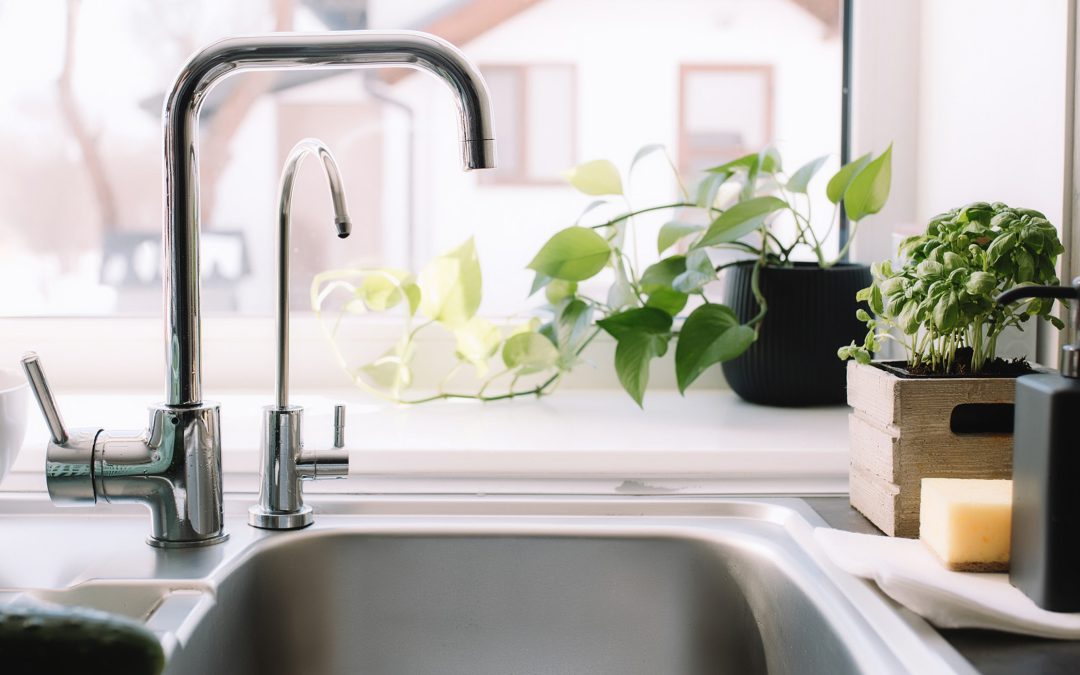If you’ve ever experienced a burst pipe in winter or low water pressure during a summer heatwave, you already know that seasons play a big role in home maintenance. How Seasonal Changes Affect Your Plumbing System isn’t just about temperature—it’s also about pressure shifts, soil movement, and even the kind of water your system processes. Each season brings its own set of challenges, and if you’re not prepared, those changes can lead to costly repairs.
Whether you’re dealing with freezing winter nights or sweltering summer afternoons, understanding how seasonal changes affect your plumbing system helps you stay ahead of potential problems. Let’s explore what happens to your pipes year-round and how you can minimize the damage.
Winter Woes: Frozen Pipes and Pressure Buildup
During the winter, one of the most common plumbing issues is frozen pipes. When the temperature drops below freezing, the water inside your pipes can freeze and expand. This causes pressure to build up, and if the pipe can’t handle it, it may burst—leading to water damage and expensive repairs.
To avoid this, insulate exposed pipes, especially those near exterior walls or in unheated areas like garages or crawlspaces. Keep a slow trickle of water running during extreme cold snaps to prevent freezing. Also, check that outdoor faucets are shut off and hoses are disconnected.
Aside from freezing, winter also brings increased water usage from heating systems, holiday gatherings, and indoor activities. That extra demand can strain your plumbing if it’s not in top shape.
Spring Shifts: Thawing and Water Table Changes
As things begin to thaw out in spring, your plumbing system has to adjust once again. Pipes that may have been damaged during the winter might start leaking. Additionally, the spring thaw often raises the water table and can stress your drainage system.
If you notice soggy spots in your yard or basement moisture, it could indicate a broken pipe or drainage issue. Spring is a great time to have your sump pump inspected and to check for any minor damage that winter left behind.
Tree roots also become more active during this time, searching for water and potentially invading your sewer lines. Regular inspection with a plumber can catch root infiltration early.
Summer Strain: Heat, Expansion, and Outdoor Use
When summer hits, the heat can cause pipes—especially older metal ones—to expand. That expansion might lead to leaks at weak joints or bends in the system. Additionally, the soil around your home tends to dry out, which can shift underground pipes and put them at risk of cracking.
This season usually brings increased water demand, too. Sprinklers, pools, and garden hoses are all in heavy rotation. The added usage can put a strain on your plumbing, especially if it’s already aging or hasn’t been maintained.
To help your plumbing handle the heat, check all outdoor spigots and hose bibs for leaks, make sure irrigation systems are working efficiently, and avoid overwatering, which can cause pressure buildup.
Fall Preparation: Getting Ready for the Freeze
Fall is your golden opportunity to prepare your plumbing system for the coming winter. Inspect and insulate exposed pipes, check for leaks, and drain your outdoor faucets and irrigation lines.
It’s also a good time to flush your water heater, as sediment buildup can reduce its efficiency—especially important when you rely on it more during cold months. Gutter maintenance is another crucial task. Clogged gutters can lead to water pooling near your foundation and leaking into your basement or crawlspace.
By taking these steps, you reduce the risk of freezing and ensure your plumbing is ready to perform when temperatures drop.
How Seasonal Changes Affect Your Plumbing System: Smart Prevention Tips
Understanding how seasonal changes affect your plumbing system is the first step—now it’s time to take action. Here are a few universal prevention tips for year-round peace of mind:
- Inspect regularly: Catch small issues before they become big problems by doing seasonal plumbing checkups.
- Know your system: Locate your shut-off valves and learn how to use them.
- Hire a pro: A licensed plumber can perform seasonal tune-ups and spot hidden issues.
- Upgrade smartly: Consider installing pressure regulators, leak detectors, or smart thermostats for added control.
How Seasonal Changes Affect Your Plumbing System
No matter where you live, the seasons will always influence your plumbing system. Freezing pipes, shifting soil, and high water demand all take their toll—but with a little foresight, you can avoid major headaches.
By recognizing how seasonal changes affect your plumbing system, you can plan smarter, react faster, and save money on repairs. And when in doubt, calling in a professional is always a good investment.
